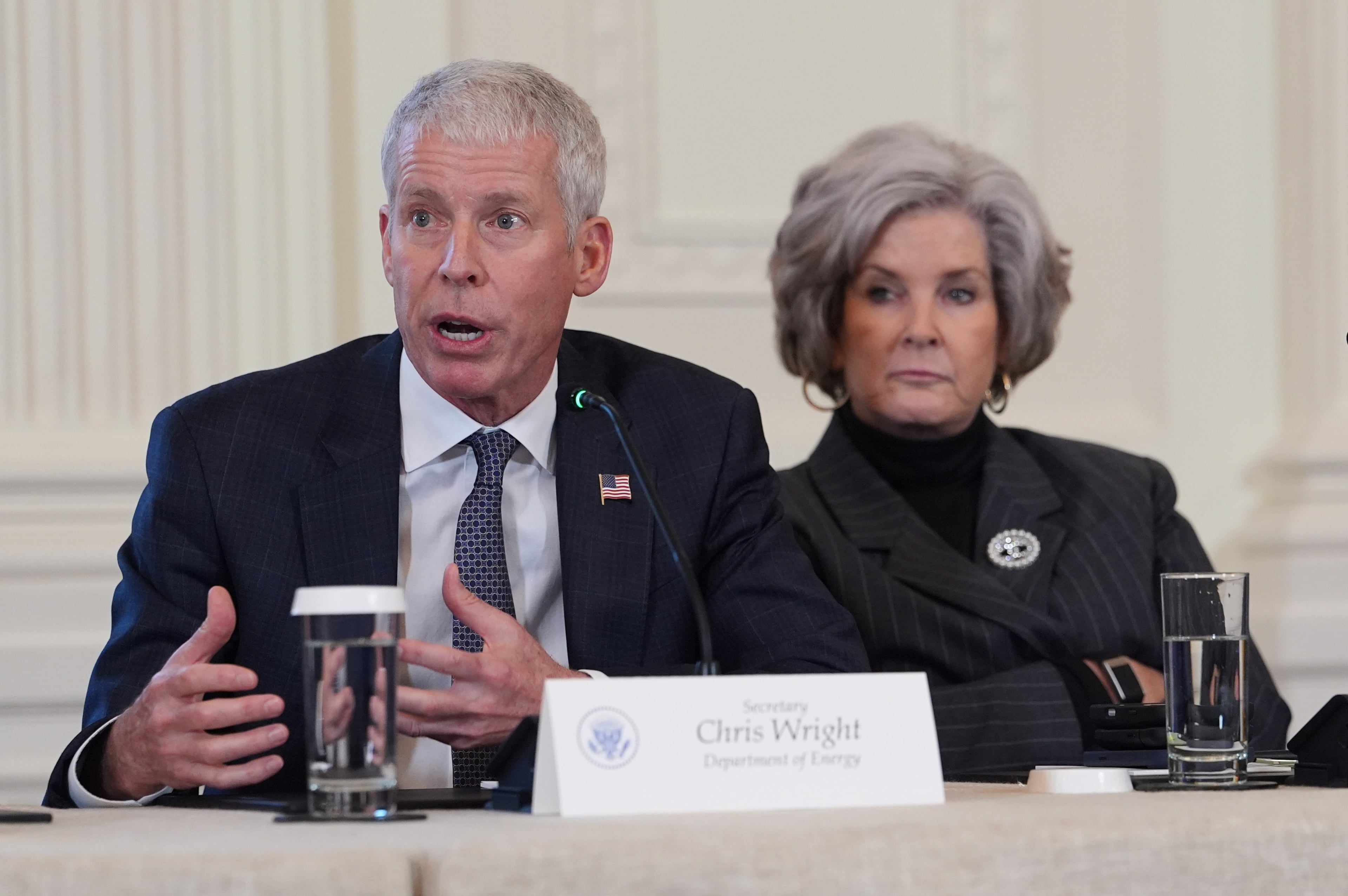Analysts warn Georgia Power bills will rise if PSC approves data center buildout

Analysts with the Georgia Public Service Commission’s staff deliver a stark warning in new written testimony: Georgia Power residential customers could see monthly bills jump $20 or more if the PSC allows the utility to complete the historic power fleet expansion it has proposed to support an influx of data centers.
Instead, PSC staff recommend in filings that for now, the commission should approve only about a third of the new power plants and batteries the company has proposed. To date, the analysts say only a fraction of what the company has asked to build is backed up by signed contracts.
“The rest is speculative and exposes customers to the risk of stranded costs if the anticipated load does not materialize,” Robert Trokey, the PSC’s electric section director, and outside consultants wrote in their combined testimony.
The comments concern the company’s request to add 10,000 megawatts to its power generation fleet in the next five years. For comparison, each of the four nuclear reactors at Plant Vogtle near Augusta provides roughly 1,100 megawatts.
Environmental and consumer advocacy groups say the scale of the buildout the company has asked the PSC to approve is unprecedented.
“I think this is the largest single request in terms of how much power they want to build and buy — and how expensive it is — in the history of the state,” said Bob Sherrier, a staff attorney with the Southern Environmental Law Center.
The staff’s statements come on the heels of a historic defeat of two Republican incumbent PSC commissioners in elections earlier this month, in which customers’ frustration over their rising utility bills was the central issue. The two commissioners who lost, Fitz Johnson and Tim Echols, will get to cast votes in this critical case days before they leave office.
The PSC will decide whether to approve some or all of the company’s proposed buildout on Dec. 19, less than two weeks before the two Democrats elected to replace them take office.
It’s unlikely customers would feel any bill increases from the data center expansion before 2029. This summer, the PSC voted to hold Georgia Power’s base rates steady through 2028. Next year, however, the commission will decide whether the utility can charge customers for its storm repair and fuel costs, both of which could raise bills.
Georgia Power disagreed that the demand is speculative. A company spokesperson pointed to a document filed Friday that the “portfolio” of large customers who have “committed” to receiving electricity service from the utility has grown to 11,000 megawatts.
The utility will file additional testimony next week, a company spokesperson said in an email.
“The electricity demand is based upon the company’s load forecast, which is premised on large load customer commitments and additional organic growth,” the spokesperson said.
‘No guarantee’ customers won’t pay
Georgia is among the fastest growing markets in the nation for new data centers, warehouses packed with servers that power artificial intelligence and our digital lives. Georgia Power and the data center industry say they need more power — comparable to the needs of many large cities — to serve them.
But just as quickly as data center operators say they need these buildings, many are canceling contracts or going to other states. The staff pointed out that this has already happened in Georgia, and the risk is high it will continue.
What’s more, the PSC staff said the evidence shows that so far, Georgia Power’s aggressive forecasts have overestimated electricity demand from data centers.
If this trend continues, Georgia Power could be overbuilding for electrons that have no place to go.
That could leave existing customers stuck paying for those power plants, electricity contracts and grid upgrades whether the electricity is needed or not, the staff said.
For its part, Georgia Power said there are options if those scenarios come into play. These include adding new contracts, delaying construction of planned power supplies or changing upcoming electricity targets.
Earlier this year, Georgia Power and the PSC agreed on new billing terms both parties have said will protect non-data center customers from paying costs incurred to serve the giant server farms. But in their testimony, the PSC staff analysts said those guardrails and assurances aren’t enough.
Most contracts the company has signed so far with data centers were inked before the new “large load” billing rules took effect, staff notes.
“Without executed contracts under the new large load framework, there is no guarantee those costs will not be passed on to existing customers,” Trokey and the two outside consultants wrote.
Meanwhile, Georgia Power stands to profit “tremendously” from the expansion if it’s approved, PSC staff wrote. All told, staff noted the power plant additions the utility wants would nearly double the company’s “rate base,” a key factor in determining its earnings.
Georgia Power likely will ask to charge customers for a wide range of tangential costs for the data centers whether they get built or not, the staff said. This, plus the plethora of costs to upgrade and maintain the power grid, mean Georgia Power will make money off the backs of customers in the long run, they said.
Cost overrun warnings
Staff said the PSC should sign off on 3,100 megawatts, or one-third of the total, and approve another 4,200 megawatts with conditions.
Commissioners should not allow Georgia Power to add the remaining 2,400 megawatts at all, staff said.
Those power projects were the most expensive, staff said.
Georgia Power has been criticized by environmental and consumer advocates for turning mostly to gas-fired power plants to provide the 10,000 megawatts, but PSC staff pushed back on both fossil fuels and carbon-free energy sources — in this case, solar and battery storage.
Staff also took aim at Georgia Power’s ability to finish projects on time and on budget, a chief example of which is its nuclear expansion project at Plant Vogtle. The twin reactors, the first to be built from scratch in the United States in roughly three decades, took seven additional years to finish and were more than double their original forecast $14 billion budget.
While these proposed power plants are different from gigantic nuclear reactors, for customers the economic consequences of delays could be just as great.
“ ... (G)iven the magnitude of the company’s proposed build program and the current highly inflationary environment for generating equipment and labor costs, staff is concerned that there is a significant change that delays and cost overruns could occur at these projects,” Tom Newsome, the PSC’s utility finance director, and outside consultants, wrote in combined testimony.
Many other electric companies in the United States are also looking to build gas-fired power plants, driving up the cost — and creating a backlog — for gas turbines. The proposed battery storage projects are in their early stages, which increases the likelihood of delays and cost increases, and Georgia Power selected contractors that have never built these types of projects before, staff said.
A note of disclosure
This coverage is supported by a partnership with Green South Foundation and Journalism Funding Partners. You can learn more and support our climate reporting by donating at AJC.com/donate/climate.




